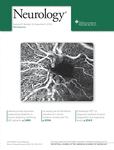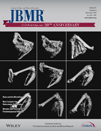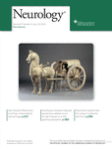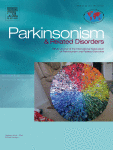 A new analysis of more than 30 clinical trials co-authored by a bone researcher based in Japan is casting doubt on the legitimacy of the findings.
A new analysis of more than 30 clinical trials co-authored by a bone researcher based in Japan is casting doubt on the legitimacy of the findings.
Yoshihiro Sato, based at Mitate Hospital, has already retracted 12 papers, for reasons ranging from data problems, to including co-authors without their consent, to self-plagiarism. Most of these retracted papers are included in the analysis in the journal Neurology, which concluded that Sato’s 33 randomized clinical trials exhibited patterns that suggest systematic problems with the results.
Other researchers have used similar approaches to analyze a researcher’s body of work — notably, when John Carlisle applied statistical tools to uncover problems in the research of notorious fraudster Yoshitaka Fujii, and Uri Simonsohn, who sniffed out problems with the work of social psychologist Dirk Smeesters.
Author Mark Bolland of the University of Auckland told us he was surprised by his findings: Continue reading Analysis casts doubt on bone researcher’s body of work

 The University of Cologne has conducted an investigation into the research of Tina Wenz, and determined that six papers should be pulled due to scientific misconduct.
The University of Cologne has conducted an investigation into the research of Tina Wenz, and determined that six papers should be pulled due to scientific misconduct. A bone researcher based in Japan
A bone researcher based in Japan 
 With so many
With so many 

 A bone researcher in Japan has logged his sixth retraction, after acknowledging he duplicated substantial portions of a 2011 paper and added “honorary” co-authors.
A bone researcher in Japan has logged his sixth retraction, after acknowledging he duplicated substantial portions of a 2011 paper and added “honorary” co-authors.